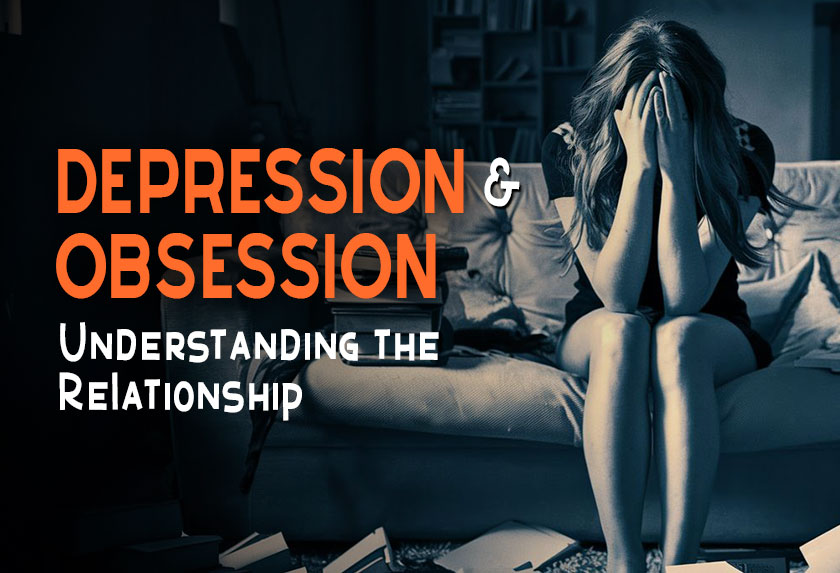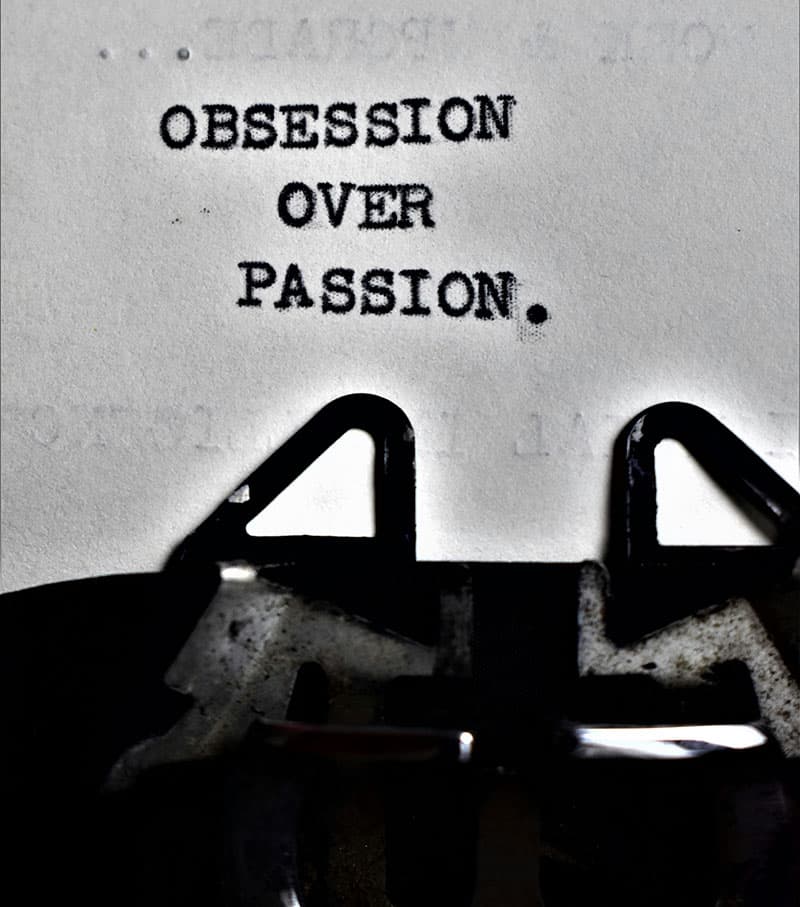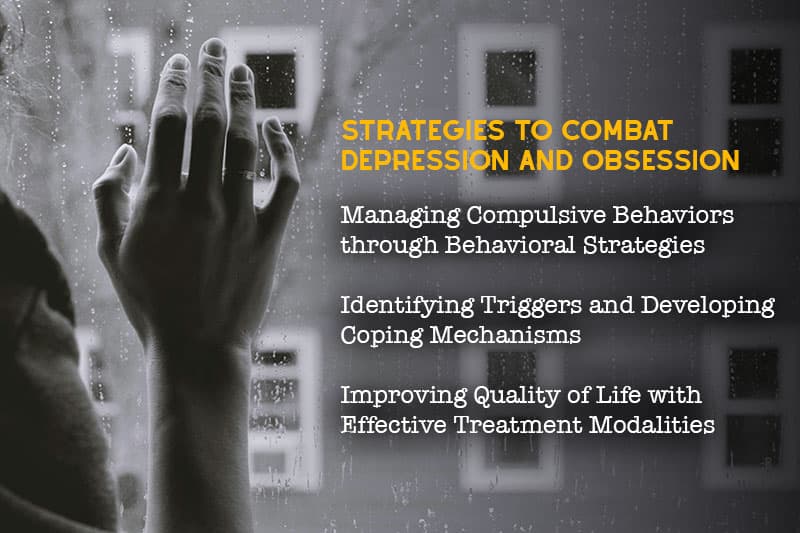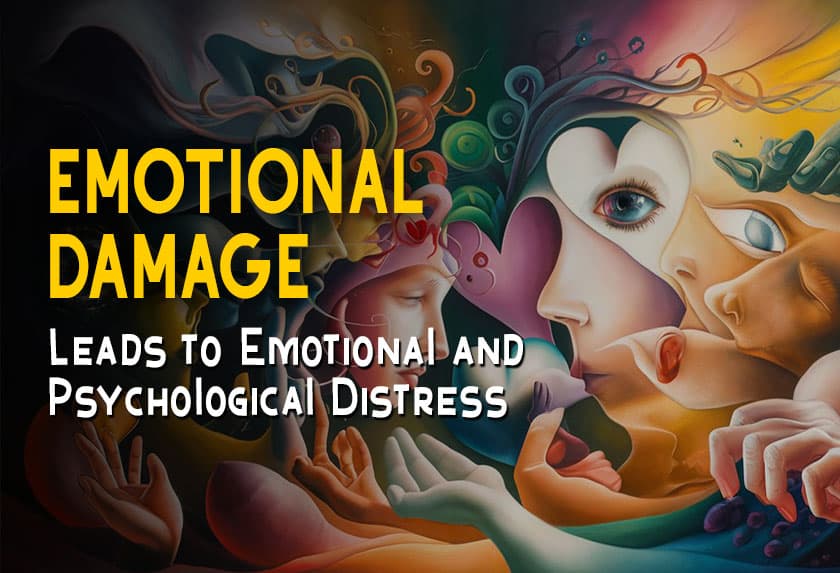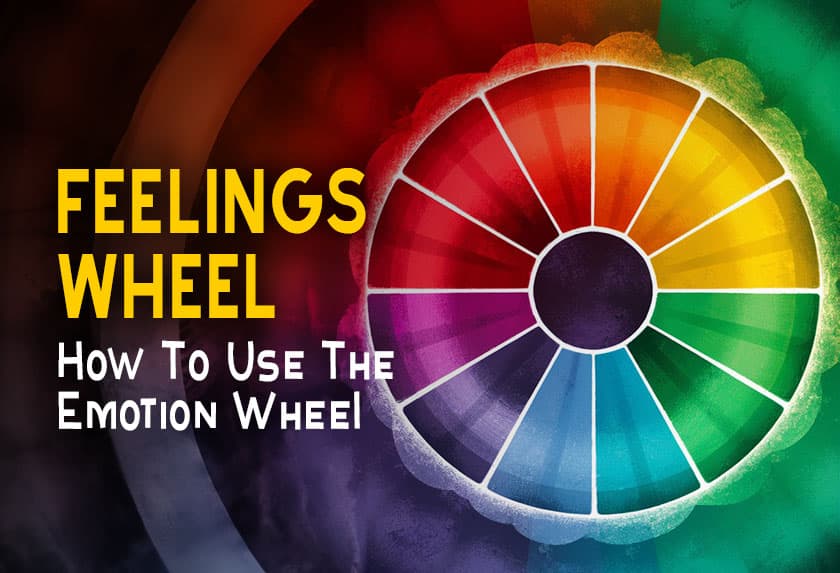The Relationship Between Depression and Obsession
The link between depression and obsession is a complex and often misunderstood connection in the realm of mental health.
When someone is depressed, they may experience feelings of profound sadness and distress, leading to a mood disorder known as major depressive disorder (MDD).
In some cases, this depression can manifest as obsessive thoughts and compulsions, commonly associated with obsessive-compulsive disorder (OCD).
These obsessions may center around fears, anxieties, or traumas, and often result in compulsive behaviors to alleviate the anxiety.
Characterizing Depression and Obsession
Depression is a mental health disorder characterized by persistent feelings of sadness, hopelessness, and a loss of interest in activities once enjoyed.
Obsession, on the other hand, refers to persistent and intrusive thoughts, images, or urges that cause significant distress and impair daily functioning.
Identifying Common Symptoms
Individuals struggling with depression and obsession often experience a range of overlapping symptoms, including persistent negative thoughts, difficulty concentrating, feelings of worthlessness, and disruptions in sleep patterns.
Additionally, both conditions can lead to social withdrawal, feelings of guilt or shame, and a general sense of emotional turmoil.
Genetic and Environmental Factors of Depression and Obesession
While the exact causes of depression and obsession are not fully understood, research suggests that both genetic and environmental factors play a role.
Individuals with a family history of mental health disorders may be at a higher risk of developing these conditions, while stressful life events or trauma can also contribute to their onset.
Obsessive-Compulsive Disorder (OCD) and Depression
Obsessive-Compulsive Disorder (OCD) and Depression are often seen as a twin pair in the domain of mental health treatment.
OCD is an anxiety disorder characterized by obsessive thoughts and compulsive behaviors, while depression is a mood disorder that can manifest as a prolonged depressive episode.
People with OCD may experience mild to morbid symptoms, leading to a high level of distress and anxious feelings. The presence of both OCD and depression can be neurotic and isolate individuals from their surroundings.
It is important to diagnose and treat both conditions simultaneously to provide a more meaningful and neutral approach.
Another highlight in the treatment of OCD and depression is the importance of addressing co-occurring disorders, such as agoraphobia or PTSD.
These disorders can exacerbate symptoms and might lead to a more severe presentation.
By taking a comprehensive approach and considering all aspects of the individual’s mental health, a licensed therapist can provide a more holistic intervention that targets multiple symptoms and behaviors across different domains of functioning.
Linking OCD and Depressive Symptoms
Obsessive-Compulsive Disorder (OCD) is a specific type of obsessive disorder characterized by intrusive thoughts, compulsions, and ritualistic behaviors.
Individuals with OCD often experience significant distress and anxiety, which can contribute to the development of depressive symptoms.
Treatment Methods for Depression and Obsession
Research has shown that a combination of psychotherapy and medication can be effective in treating both OCD and depression.
Cognitive-behavioral therapy (CBT) and exposure and response prevention (ERP) are commonly used to address obsessive thoughts and compulsive behaviors, while antidepressants may be prescribed to alleviate depressive symptoms.
One treatment for depression that is often used in conjunction with therapy for OCD is behavior therapy.
This intervention focuses on changing patterns of behavior and thoughts that contribute to both disorders.
The licensed therapist can help the individual gain insight into their characteristic symptoms and develop strategies to manage them effectively.
By addressing these issues together, symptoms of OCD and depression can diminish over time. Additionally, therapy for OCD can also help alleviate symptoms of depression, and vice versa.
Managing Intrusive Thoughts through Therapy
Therapy plays a crucial role in managing intrusive thoughts and compulsive behaviors associated with OCD and depression.
Through techniques like mindfulness, cognitive restructuring, and exposure therapy, individuals can learn to cope with their obsessions and develop healthier thought patterns.
The coexistence of OCD and depression can be a challenging experience, but with the right mental health treatment, individuals can learn to manage their symptoms effectively.
Treatment Options for Depression and Obsession
Behavioral Therapy for OCD and Depression
Behavioral therapy, particularly exposure and response prevention (ERP), is a widely used and effective treatment approach for OCD and related obsessive disorders.
ERP involves gradually exposing individuals to situations that trigger their obsessions and compulsions, while teaching them to resist engaging in ritualistic behaviors.
Utilizing Cognitive Behavioral Therapy (CBT) for Effective Results
Cognitive Behavioral Therapy (CBT) is another evidence-based treatment approach that can be highly effective for both depression and obsessive disorders.
CBT focuses on identifying and challenging negative thought patterns, developing coping strategies, and promoting healthy behaviors.
The Role of SSRIs in Treating Depressive Symptoms
Selective Serotonin Reuptake Inhibitors (SSRIs) are a class of antidepressant medications that can be effective in treating depressive symptoms associated with obsessive disorders.
SSRIs work by increasing the availability of serotonin in the brain, which can help regulate mood and alleviate symptoms of depression.
Can Cognitive Behavioral Therapy Help in Managing Depression and Obsession?
Understanding the Cognitive-Behavioral Approach
Cognitive Behavioral Therapy (CBT) is a widely recognized and effective treatment approach for obsessional disorders, including OCD and depression.
CBT focuses on identifying and modifying negative thought patterns, beliefs, and behaviors that contribute to the perpetuation of obsessive thoughts and compulsive behaviors.
Exposure and Response Prevention for OCD Treatment
A key component of CBT for OCD is exposure and response prevention (ERP), which involves gradually exposing individuals to situations that trigger their obsessions while teaching them to resist engaging in compulsive behaviors.
This approach helps individuals face their fears and develop a greater sense of control over their thoughts and actions.
Collaboration between Therapist and Patient in CBT Sessions
CBT is a collaborative process between the therapist and the patient, where they work together to identify and challenge negative thought patterns, develop coping strategies, and promote healthy behaviors.
Regular practice and homework assignments are often incorporated into the treatment plan to reinforce the skills learned during therapy sessions.
Behavioral Strategies to Combat Depression and Obsession
Managing Compulsive Behaviors through Behavioral Strategies
Behavioral strategies play a crucial role in managing compulsive behaviors associated with obsessive disorders and depression.
These strategies may include exposure and response prevention (ERP), habit reversal training, and mindfulness-based techniques.
Identifying Triggers and Developing Coping Mechanisms
One essential aspect of behavioral strategies is identifying triggers that contribute to obsessive thoughts and compulsive behaviors.
By recognizing these triggers, individuals can develop effective coping mechanisms, such as cognitive restructuring, relaxation techniques, or engaging in healthy distractions.
Improving Quality of Life with Effective Treatment Modalities
Ultimately, the goal of implementing behavioral strategies is to improve the overall quality of life for individuals struggling with depression and obsessive disorders.
By learning to manage their symptoms and develop healthier coping mechanisms, individuals can reduce the impact of these conditions on their daily lives and relationships.
Through a comprehensive understanding of the link between depression and obsession, as well as the various treatment options available, individuals can take steps towards managing their symptoms and regaining control over their thoughts and behaviors.
